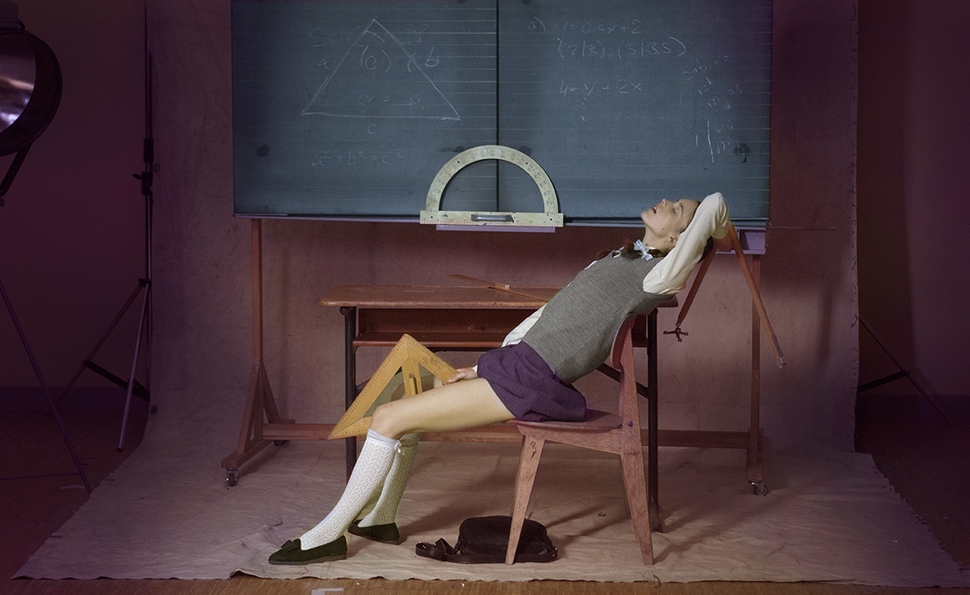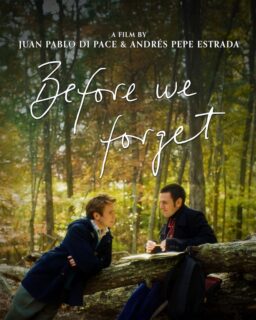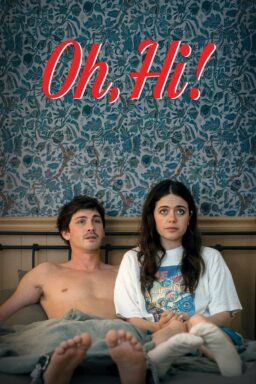1.
“Nymphomaniac and the infinite loneliness of Lars von Trier”: David Ehrlich at The Dissolve examines the films of Lars von Trier in relation to Nymphomaniac. A unifying theory crafted.
“Early in Lars von Trier’s Nymphomaniac, Young Joe (Stacy Martin) coos these words to one of the countless men she has sex with during the two part, 241-minute opus of depravity. While what she’s saying carries a clear erotic charge, her bluntly literal instructions aren’t a come-on so much as a desperate plea for fulfillment. As Joe relates her life story to the overeager stranger Seligman (Stellan Skarsgård), who found her lying in an alley near his home, what was first intended as a simple request for comprehensive penetration evolves into a tragic refrain, with the unsubtle subtext that might be expected from a filmmaker whohas the word “fuck” tattooed across his right-hand knuckles. Joe is suffering from an incurable sense of incompletion. Loneliness, she tells Seligman, has been her constant companion. That simple admission confirms Nymphomaniac’s role for von Trier—this is the film that binds his work together. These are his confessions.”
2.

With film reviews, you’re starting with a clean slate each time out; you can’t set aside a discussion of Wes Anderson’s compositional style for the next time he makes a movie. But the same principle applies, in the sense that you should be writing about everything, but not always at the same time. “If you only have sentences to play with, make one about form” is a tidy formula, but if the form’s not interesting, or even if it’s not of interest to you, that’s one sentence fewer to write about what is. To an extent, the categories into which we divide formal analysis are arbitrary estimates to begin with: Unless you were on the set when a film was made, it’s impossible to know whether the credit for, say, a given camera move goes to the director or the D.P. or the grip who knocked over a light stand and forced them to rethink the setup at the last minute. If I hadn’t read an interview with “The Good Wife” showrunners Robert and Michelle King, I would have credited the decision to play Sunday’s traumatic shooting on an overhead wide shot of an adjacent courtroom to the writing staff, but it turns out that decision was made in editing, which still doesn’t answer the question of whether it was the editor or the director who made the call. (Seitz is drawing a polemical distinction between literary and visual criticism, but even so, the implied omission of writing and acting from the “filmmaking” category sticks a bit going down.)
3.

At CinemaCon on Wednesday, Christopher Nolan said he still feels film is the “best way” to capture and project an image — even at a time when virtually all theaters have converted to showing movies digitally.
“I’m a fan of any technological innovation, but for me, it’s going to have to exceed what came before — and it hasn’t yet,” Nolan told a crowd of exhibitors at the annual industry conference. As the Times reported earlier this year, Paramount Pictures became the first studio to announce that it would no longer release any of its major titles on film — with some notable exceptions, including Nolan’s “Interstellar.” The space film, which has been shrouded in secrecy for months, is set for release in November.”4.
“If 70s Moms Had Blogs”: Acclaimed author Victoria Fedden at Wide Lawns and Narrow Minds writes as housewife from the 1970s, replete with cigarettes, Captain Kangaroo and Pop Rocks.
“I’m planning a big night out with Bill this weekend for our anniversary. I thought maybe we’d go have fondue, drink some Harvey Wallbangers and go to a disco. I called the eleven year old down the street and told her we’d pay her three whole dollars to babysit all night and not to worry if the baby woke up and cried. I told her if you ignore it, the baby will eventually stop crying and go back to sleep, so just turn the record player up louder or something and that if the other three want to stay up late and watch television, it’s okay but make them go to bed after Carol Burnett goes off and if they want some Jiffy Pop, that’s fine too. They know how to make it themselves.”
5.

“Is HBO Submitting ‘True Detective’ as a Drama Series at the Emmys to Teach Netflix a Lesson”: At The Wire, David Sims reports on HBO’s decision to submit True Detective in the Best Drama Category.
“The news broke yesterday evening that HBO would be submitting True Detective to this year’s Emmys in the Drama category, putting it up against juggernauts likeHouse of Cards (which had a buzzy second season) and Breaking Bad (which aired a much-discussed, if brief, final season last summer). The news came as somewhat of a surprise, since True Detective‘s eight-episode anthology format would seemingly suit it for the Miniseries category, where FX’s similarly-pitched American Horror Story competes.”
Image of the Day

People at a drive-in movie theater in South Bend, Indiana (1950s). Retrieved from @HistoryInPics Twitter account.
Video of the Day
Watch the history of movie trailers explained, created by the people at Filmmakers IQ. Read more at IndieWire.













